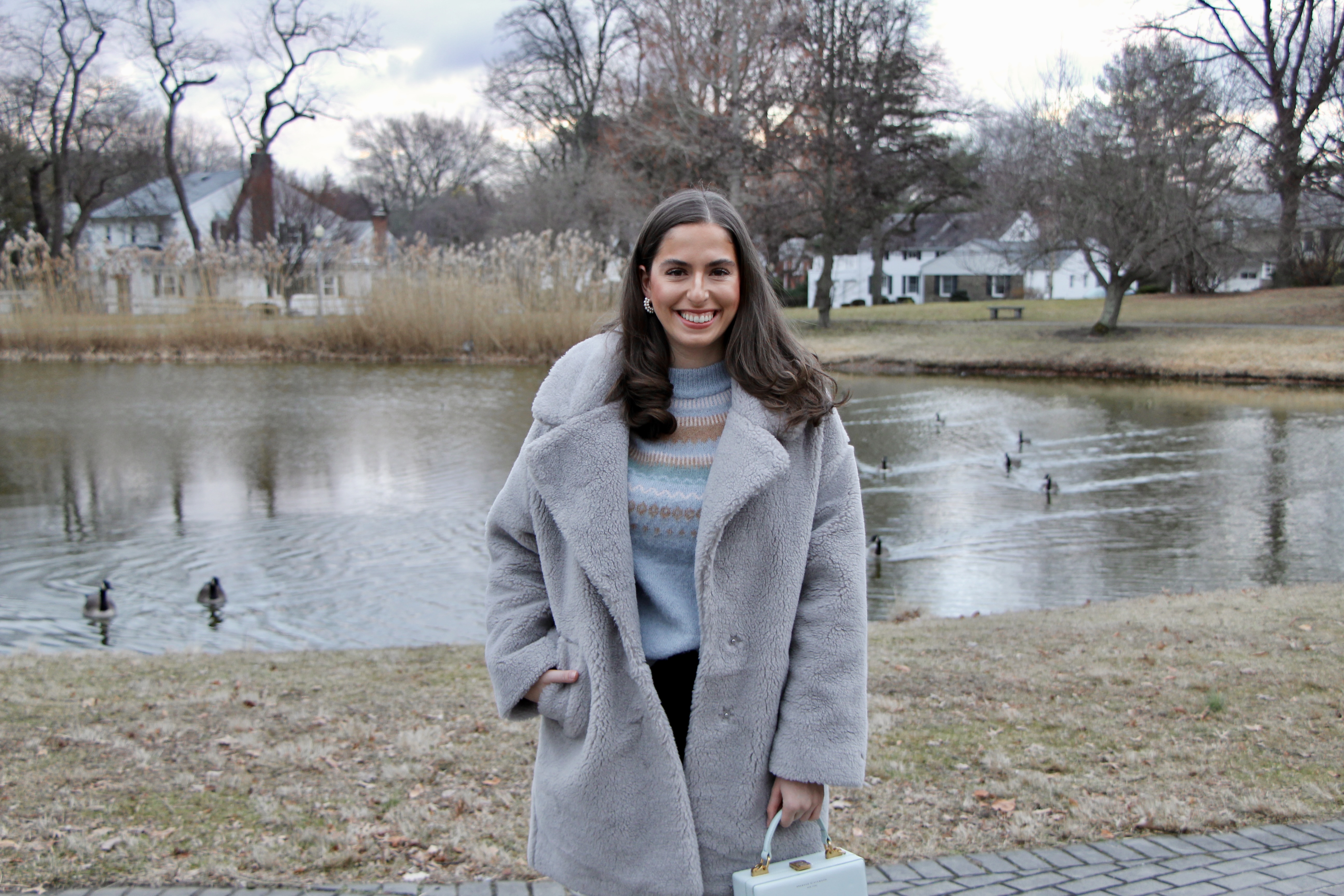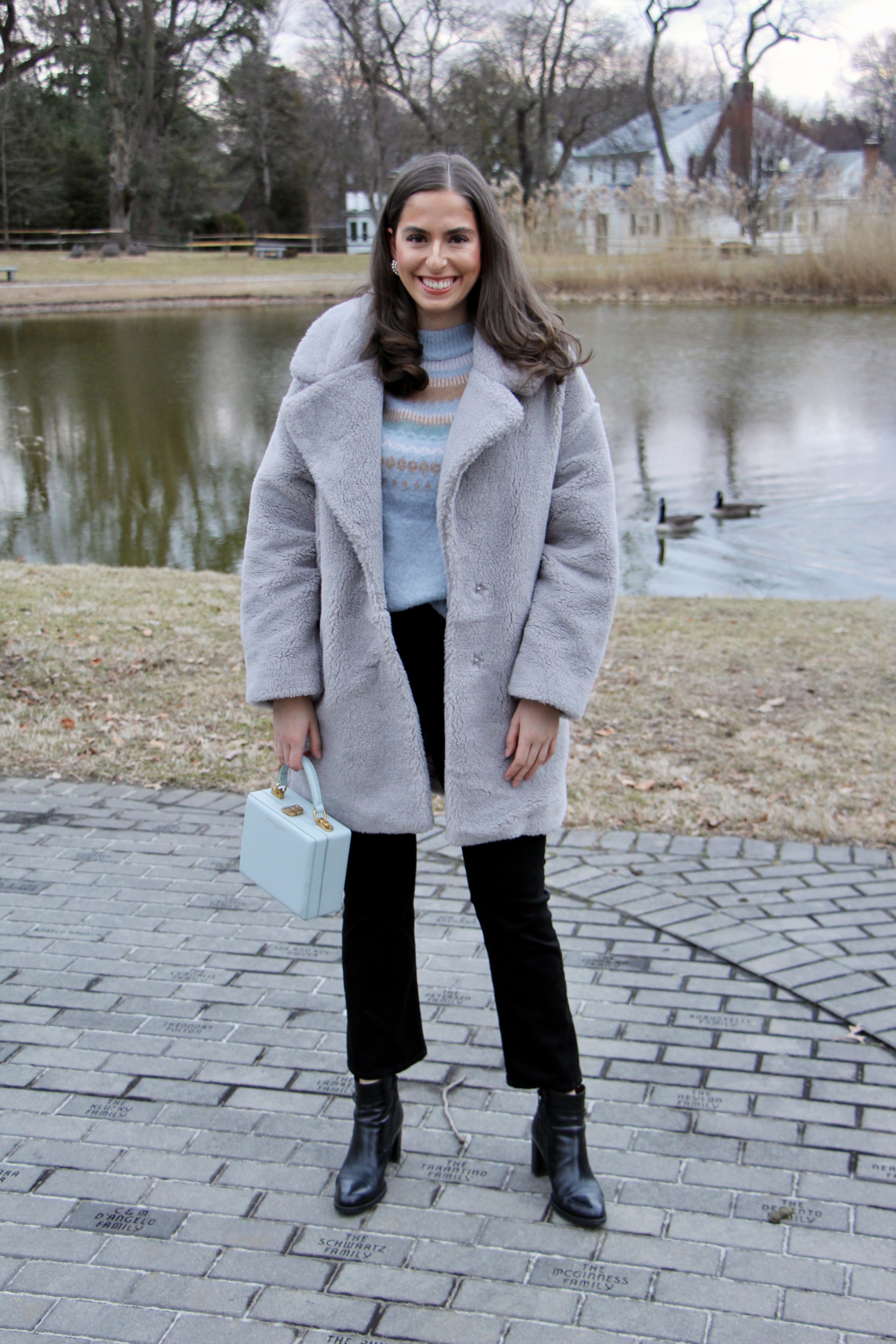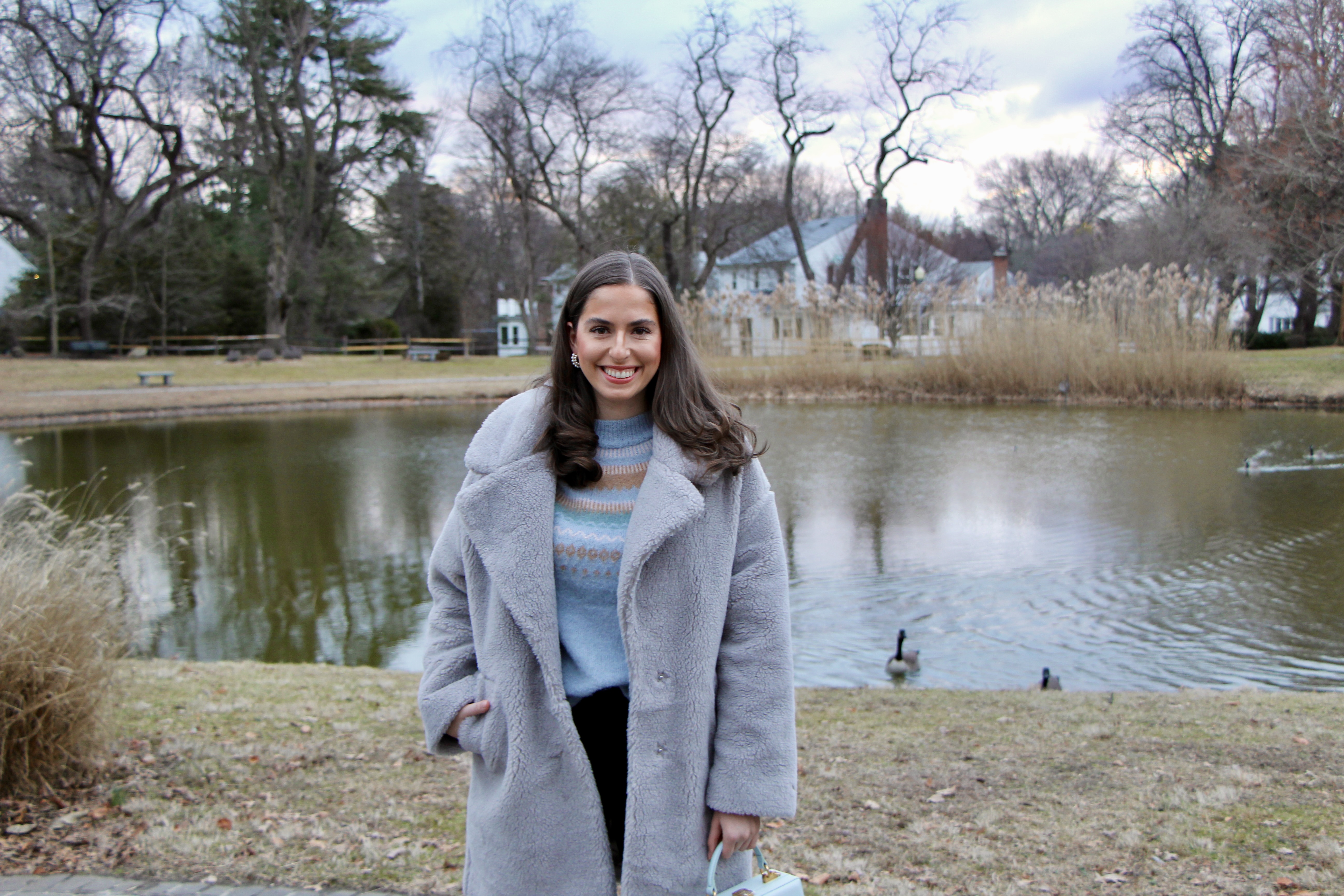Congrats you’re in law school! Now what? (And if you’re not in law school yet, check out Steps 1, 2 and 3 here!)
The first year was terrifying! What’s a case brief? What’s cold calling? Is it scary? What classes do I need to take? How do I succeed? There was so much unknown. It was exhausting.
The second year was less challenging but so insanely busy that I feel like I didn’t have time to breathe.
It is true that the first year they scare you to death, the second year they work you to death and the third year they bore you to death.

Here’s what you need to know about your first two years of law school:
◦ Your first two years you will take your required classes. Your first year of law school or 1L you will not get to pick your schedule. The classes you take will differ depending on your school, but most will require criminal law, legal writing, torts, civil procedure, contracts, property, constitutional law, ethics and evidence. I took all these classes my first two years of law school. Business organizations/corporations was not required for my school but recommended as it is tested on the Bar. The same for wills, trusts and estates and criminal procedure.
◦ Besides your required classes your first year, your second year you can start taking electives and fun classes. See what you are interested in, or finish your recommended/required classes. That’s what I did.
◦ My second year, both semesters, I externed. Externing is interning but for school credit. I highly recommend. It was such a refreshing change of pace after a really tough first year because I was able to work for school credit and not have to do homework. Externing was great experience to add to my resume and also helped me figure out what I did and didn’t like in the field of law.
◦ Intern over the summers. You can start looking to apply for summer jobs in the fall of your first semester of law school. But you can start looking seriously over the holidays. Look on LinkedIn, Indeed, or Google. I found my first internship through the Public Interest Career Fair at school. It was unpaid, as most of 1L summer jobs are, but a great experience and a great way to start and finish your Pro Bono hours.
◦ Do your Pro Bono hours your first two years of law school. In New York, to be admitted to the New York State Bar, you have to do at least 50 hours of Pro Bono work. I was able to do all mine over the summer, after my first year because I worked for a nonprofit.
◦ Create a good relationship with at least one professor or more! You never know when you need a letter of recommendation. You also never know when you need a professor to go to for advice about other professors or other classes. Also, go to office hours to create relationships with your professors but also go to ask questions if you are confused!
◦ Join a journal if you can. It is a huge honor and looks great on your resume. The summer going into your 2nd year, there is a journal writing competition where you are given a prompt and you have to write some kind of memo to your made-up team or something like that over the course of four days. The goal of the competition, (I don’t think competition is the right name for it) is to get a spot on a journal based on your writing skills and attention to detail. In your memo you have to use the proper Blue Book footnotes. In another part of the competition, (it’s really more of a test) you will be tested on proper Blue Book citation formatting. The grading is anonymous. To me the test or competition, was more of a test of attention to detail, rather than anything else. Luckily, I scored well (I think GPA has something to do with it too) and was selected for membership to Family Court Review. Which gave me some wonderful friends and the biggest honor of getting published.
◦ If you make a journal, you will work on your student note (mine was 25 pages) your second year of law school. You also help cite check and edit articles from other students on your journal that are getting published and scholarly articles. I got two credits to write my paper, and help edit, and then I was selected for publication.
◦ Join clubs your first two years. I am in a slew of clubs and am not super active in them, but it is nice to be a part of something and make friends with other people that have similar interests as you. Clubs in law school are nothing like clubs in undergrad. Undergrad clubs at Wake were very intense and time consuming. Law school clubs meet maybe four times a semester, if even.
◦ I highly recommend taking a trial techniques class or joining the mock trial team. I took the trial techniques class this year (3L) but I definitely could have taken it 2L.
◦ Join a clinic if you are interested in getting hands on experience and are interested in helping your community. My school has a criminal defense clinic, tax clinic, community development clinic and veteran’s clinic (I think that is all of them). I interviewed for the community development clinic, which does transactional work, several times, and never got it. Everything happens for a reason. If you can get into one, it’s a great thing to put on your resume and an experience that will make you feel like a real-life lawyer.
◦ Learn how to case brief properly. Case briefing is simply summarizing cases. In law school you read cases to learn the law. Your homework is to read cases. I have finally figured out how to case brief in the most efficient way possible for me. I always read the cases first with various highlighters and highlight the cases in my textbook (or online). Each highlighter corresponds to a part of the case. The things I highlight are: parties of the case, procedural history (how did this case get to where it is now, were there previous decisions), facts of the case, issue (what is this case trying to determine), parties arguments, holding (what is the decision of this case), rule (what is the law that gives you the holding), reasoning (why the holding is the way it is) and any other comments. I then take the corresponding highlights and write (I used to hand write all my case briefs my 1 and 2L years) or type (wiser 3L Elizabeth would recommend this route) all my highlights out. So, my homework notes are organized and when I get cold called on in class, I can easily refer to my case brief.
◦ Find a study group. I had a great study group my first year of law school. You learn from each other.
◦ Quimbee is a great resource. I never used it because I didn’t know about it, but Quimbee is an online service that you pay for that gives you outlines and case briefs that help you with yours. There are videos and tips and tricks to explain hard topics that maybe you didn’t understand in class.
◦ Get good at taking tests. Unfortunately, your law school final is the only grade you have for the entire semester… YUP. So, learn to be a good test taker, even if you don’t think you are. It’s a skill you will learn over time. Law school exams are hard, bell curved and exhausting. But remember you did take the LSAT to get in here, so you can do it! Do tons of practice questions before your finals to better prepare you for your exams. I love the Q&A books or Kaplan topic books or really any of the resources WestEdge has (which I have access to through my school library). Google also has some great questions that you can use. Also learn to use CRAC for essay exams. Start all your answers with the conclusion, then the rule or law, then analyze how the rule matches the facts in your question and end with how your facts and the law mesh together to get to the conclusion.
◦ And at the end of the day, your goal your 1st two years of law school is to work as hard as you can and to get good grades. Do the best you can do! Just remember that you are meant to be there and regardless of your GPA, you will graduate, and you will be an attorney. Just get through the tough first two years, you can do it!
Shop my outfit below (contains affiliate links):





No comments
Post a Comment